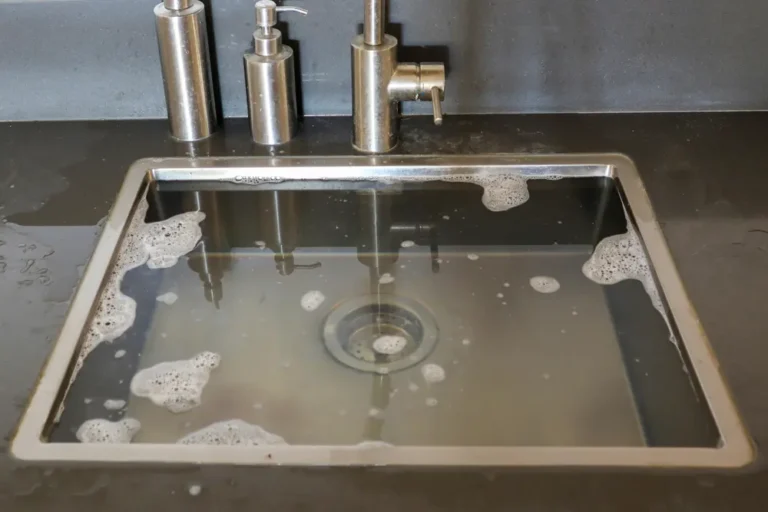What Does it really means When a girl says ” I Don’t Care”
The Silent Heartbreak: When “I Don’t Care” Really Means “I Do”
There’s a universal scene many of us can relate to: the quiet drive home after a disagreement or an emotionally charged moment. It’s that kind of silence that feels heavy, where every unspoken word hangs in the air, suffocating and thick. One common scenario is when your partner asks if you want to stop and get something to eat, and you respond with the familiar, “I don’t care.” The moment passes, and they suggest just getting something at home. It’s a small exchange, but it often carries a world of unspoken feelings.
The Weight of “I Don’t Care”
When we say, “I don’t care,” more often than not, we actually do. It’s a defense mechanism, a way to guard our true feelings when we’re too hurt or tired to articulate them. Maybe you had a disagreement earlier, or maybe there’s an unspoken tension that neither of you knows how to address. In that moment, “I don’t care” is a shield, a way to avoid further conflict. But deep down, it’s a cry for attention, understanding, or perhaps just a moment of empathy.
His Response: The Misunderstanding
When he responds with, “We can just get something at home then,” it can feel like a blow, even if it’s not intended that way. He’s trying to be practical, to make a decision that he thinks will be fine with you. But for you, it might feel like he’s dismissing your feelings, not recognizing the hurt behind your words. It’s not just about the food or where you eat; it’s about feeling seen and heard in that moment.
The Silent Drive Home
As the car moves forward, so does the silence. It’s a silence filled with everything you wish you could say but can’t. Maybe you’re angry that he didn’t press further, didn’t ask what was really bothering you. Or maybe you’re sad because you don’t know how to bridge the gap that’s grown between you. Whatever the case, the silence becomes a companion on the journey home, echoing your unresolved emotions.
What Lies Beneath the Surface
In relationships, these small moments can be significant. They reveal the underlying currents of how we communicate—or fail to. It’s easy to get caught up in the day-to-day routine, to overlook the importance of checking in with each other, of asking, “Are you really okay?” rather than accepting “I don’t care” at face value. Because sometimes, that phrase is a way of saying, “I need you to care for me right now.”
Breaking the Silence
So, what can we do? How do we avoid these silent heartbreaks? It starts with awareness. Recognize when you’re saying “I don’t care” and ask yourself if that’s really true. If it’s not, find the courage to say what you’re really feeling, even if it’s hard. And if you’re on the receiving end, take a moment to dig a little deeper. Ask questions, show empathy, and be willing to listen to the words that aren’t being spoken.
Healing Through Communication
Relationships thrive on communication, even when it’s difficult. The next time you’re in that car, driving home in silence, consider breaking it. Open up about what’s really going on inside. It might be awkward at first, and you might stumble over your words, but that’s okay. What matters is that you’re trying, that you’re making an effort to connect, to heal, and to understand each other.
Conclusion
The phrase “I don’t care” might seem insignificant, but in the context of a relationship, it can be a powerful indicator of deeper emotions. Don’t let those words be the end of the conversation. Instead, use them as a starting point to explore what’s really happening beneath the surface. By doing so, you can turn a silent heartbreak into an opportunity for growth, understanding, and ultimately, a stronger connection with your partner.






